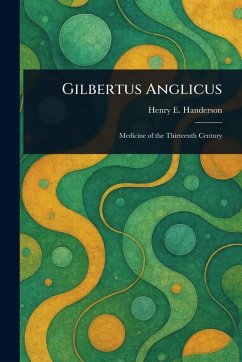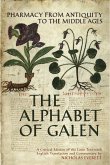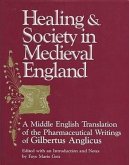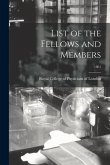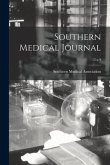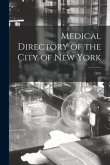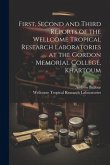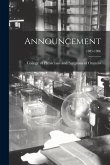Explore the fascinating world of thirteenth-century medicine with "Gilbertus Anglicus: Medicine of the Thirteenth Century," meticulously presented by Henry Ebenezer Handerson. This historical work delves into the medical practices and knowledge of the medieval period, offering a detailed look at the state of medicine during the era of Gilbertus Anglicus. A significant contribution to medical history, this volume provides insights into the treatments, theories, and challenges faced by physicians centuries ago. Discover the evolution of medicine through this lens, examining the beliefs and techniques that shaped healthcare in the medieval world. A valuable resource for anyone interested in the history of medicine and medieval life, this book provides a unique perspective on the science of healing in the thirteenth century. This work has been selected by scholars as being culturally important, and is part of the knowledge base of civilization as we know it. This work is in the public domain in the United States of America, and possibly other nations. Within the United States, you may freely copy and distribute this work, as no entity (individual or corporate) has a copyright on the body of the work. Scholars believe, and we concur, that this work is important enough to be preserved, reproduced, and made generally available to the public. We appreciate your support of the preservation process, and thank you for being an important part of keeping this knowledge alive and relevant.
Bitte wählen Sie Ihr Anliegen aus.
Rechnungen
Retourenschein anfordern
Bestellstatus
Storno

